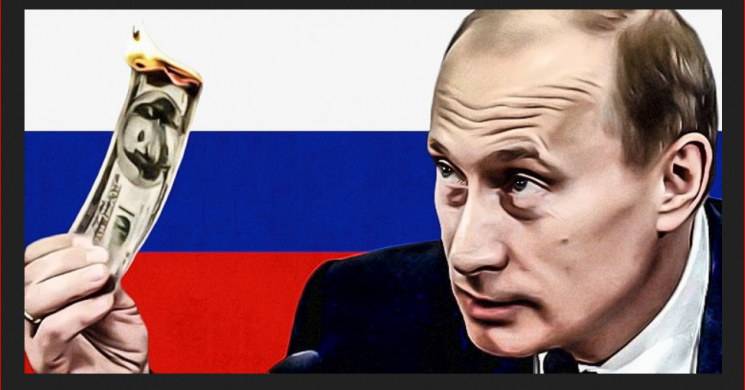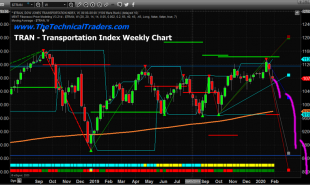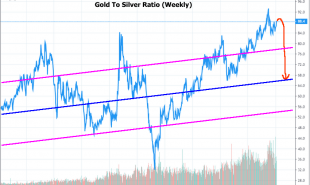
Insider Trading is the Rule in Macro Economic Events
Intro by Soren K.
It makes sense when you think about it. The USD sold off precipitously before and during the Sanction news. And the bounce came after. So who sold? As a former fund manager, we all knew the larger funds had access to information before it hit the street. These players like Dalio, Buffet, and Soros had lobbyists, connections and who knows what else to get them tradable info. We personally were privy by proxy to some jaw dropping stuff SAC used to do before earnings reports.
So it is completely logical that some funds had insight into the likelihood of sanctions coming as early as July 14th and dumped the dollar ahead of the announcement. It is equally likely that Russia itself sold even before them and bought after the news. The point of this intro is, you are not on the inside.
Dollar Leakage
- July 14th - Dollar breaks below 95.50 outside of its recent support channel (yellow highlight)
- July 21st to 25th - mkt trades sideways as it contemplates its fate
- July 25th (we are told)- Trump gets the bill on his desk (highlight)
- Aug 2nd - Trump signs sanction bill, and the bottom is made (highlight)
- Aug 4th, the Dollar rips higher - ( that big green bar...)
- Pay off Lobbyists, fund incumbent campaigns - like Dalio did in CT
- Ask for special regulatoryfavors in return
- Lather rinse repeat
In Putin's case, make the money directly as a plutocratic. oligarchic, politician. All the evils of capitalism, none of the checks and balances
Charts HERE
As you can see, "Sell the rumor, buy the news", is not an axiom by accident. it is a backwards explanation of how people with access and money steal from the public.
Now we are privileged to hear what Russia "intends" to do after the fact. One thing you can bank on is Russia using more Gold in trade, especially in Oil sales to China. And you can expect blockchain to be the pipeline for deals, especially since the banking is state owned.
Russia Responds to New US Sanctions by Dumping the Dollar
via theantimedia.org
Following new sanctions against Russia that President Donald Trump signed into law last week, Moscow responded Monday by announcing Russia will speed up work on reducing the country’s dependence on Western payment systems and the U.S. dollar in general, according to Russia’s state-run RIA Novosti news agency.
“We will of course intensify work related to import substitution, reduction of dependence on U.S. payment systems, on the dollar as a settling currency and so on. It is becoming a vital need,” said Deputy Foreign Minister Sergei Ryabkov on Monday, as cited by RIA.
“(Otherwise) we will always sit on their hook, exactly what they need,” he added.
The sanctions bill, born of U.S. politicians’ continuing accusations that Russia meddled in the 2016 election, was passed by Congress and sent to Trump’s desk for final approval at the end of July.
Russia didn’t wait for the U.S. president’s signature, however, and boldly responded within hours the bill’s congressional passage. As CNN reported:
“President Vladimir Putin has hit back at new American sanctions by ordering the US to cut staff at its diplomatic mission by 755, in Moscow’s most aggressive move against Washington since the final years of the Cold War.”
Trump signed the sanctions bill into law last Wednesday, August 2.
Deputy Foreign Minister Ryabkov’s comments Monday came as his boss, Foreign Minister Sergei Lavrov, and Secretary of State Rex Tillerson met on the sidelines of an Association of Southeast Asian Nations (ASEAN) forum in the Philippines.
Speaking of the U.S.-Russia relationship following his talk with Lavrov, Tillerson said Monday that there exists “serious mistrust between our two countries” but that they “simply have to find some way to deal with that.”
Of the alleged Russian interference in the 2016 election, Tillerson said the U.S. needs to help Russia “understand how serious this incident had been and how seriously it damaged the relationship.”
The secretary of state also said Monday that an official response to Russia’s expulsion of 755 U.S. diplomats at the end of July can be expected by September 1.
Read more by Soren K.Group







